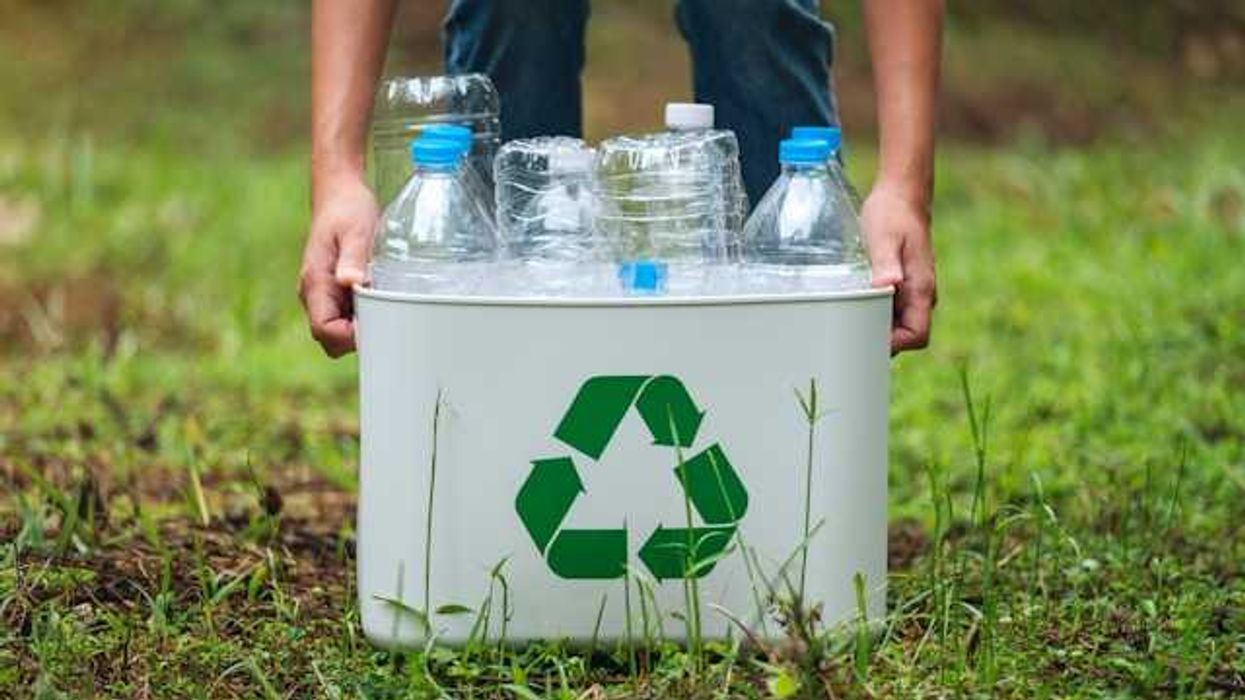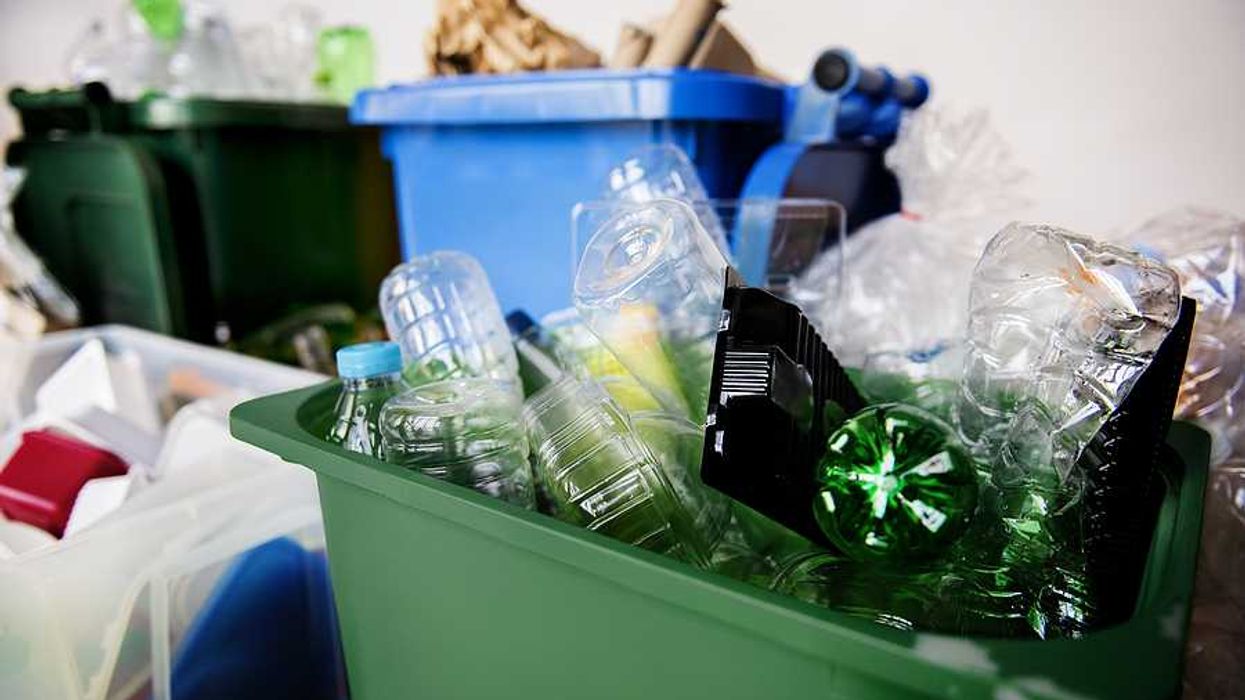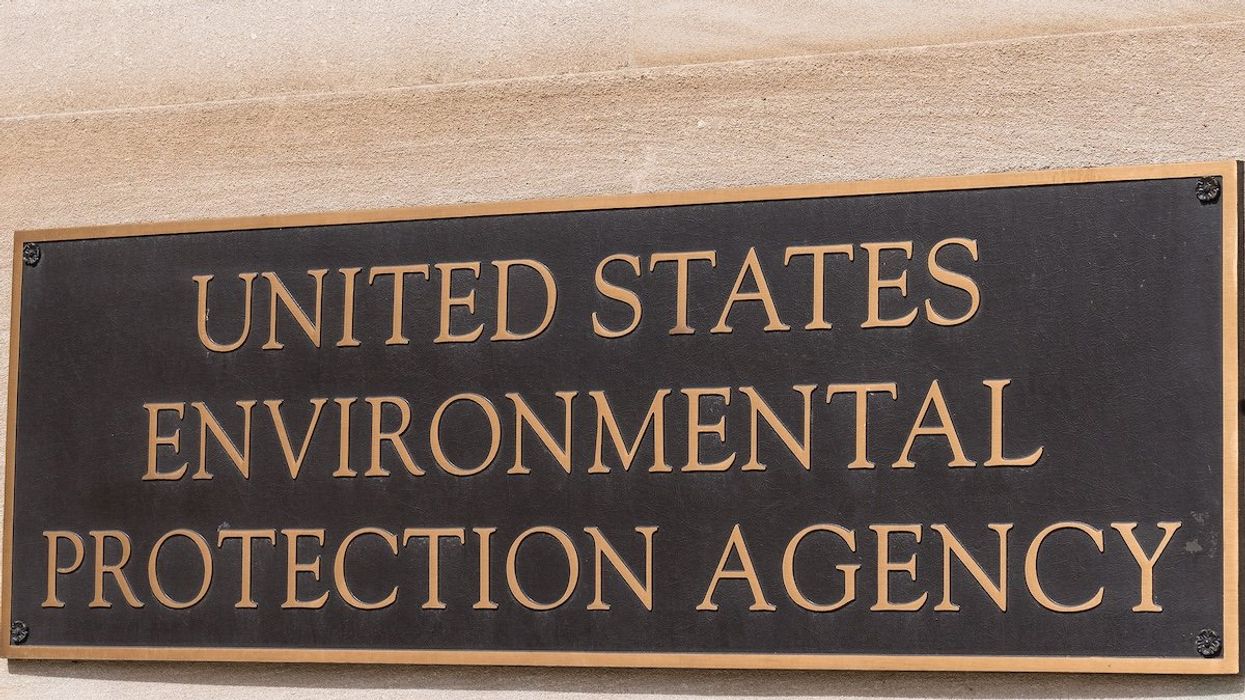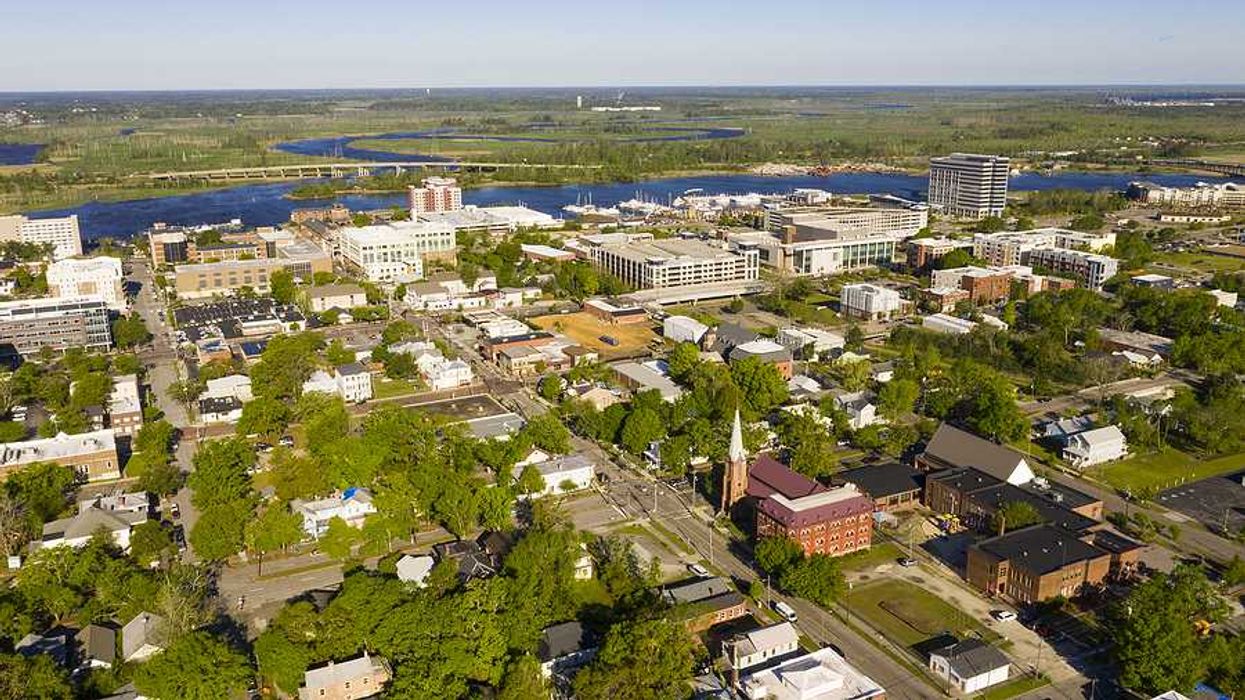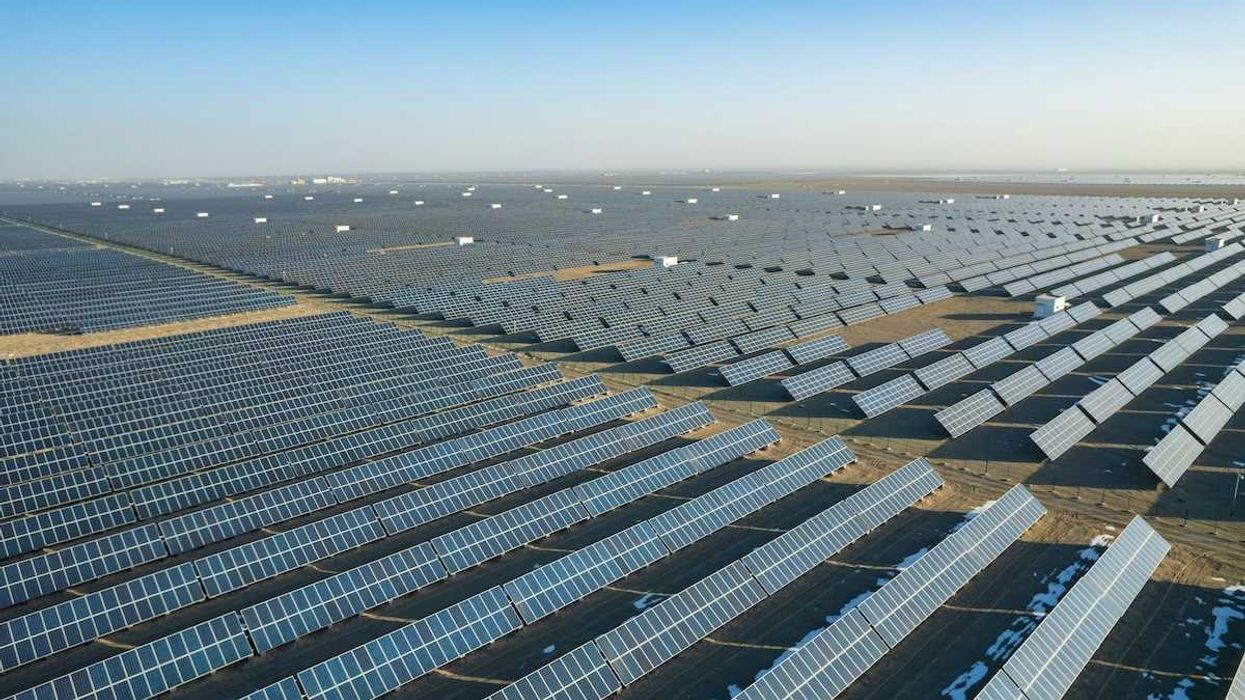Residents in Brunswick, Maine, are opposing plans to reopen a sludge processing plant at the former Naval Air Station, fearing it will worsen contamination from PFAS, or "forever chemicals," after a toxic spill last summer.
AnnMarie Hilton reports for Maine Morning Star.
In short:
- Viridi Energy plans to upgrade and expand an anaerobic digester to process sewage sludge into renewable natural gas, but residents worry it could bring more PFAS contamination.
- The town is still dealing with the aftermath of a 1,600-gallon firefighting foam spill containing PFAS, which has raised public health concerns.
- Some local officials and residents want more data on risks before approving the project, while state lawmakers are pushing legislation to better regulate PFAS.
Key quote:
“It will take a lot to convince me this is anything remotely close to a good idea.”
— Dan Ankeles, Maine state representative
Why this matters:
PFAS contamination has been linked to cancer, immune issues and developmental problems. Brunswick’s residents fear adding more chemical-laden sludge to an already contaminated site could endanger public health. Maine has been at the forefront of PFAS regulation, enacting some of the nation's strictest laws to limit exposure and hold polluters accountable. Yet proposals like this one underscore the ongoing challenge of safely managing toxic waste. While regulators weigh the risks, residents fear the potential consequences of adding more harmful substances to an area where contamination is already a pressing issue.
Related EHN coverage:



